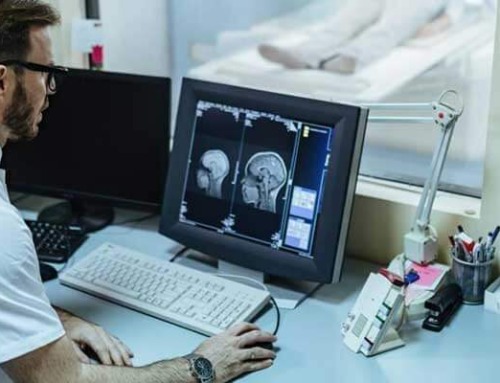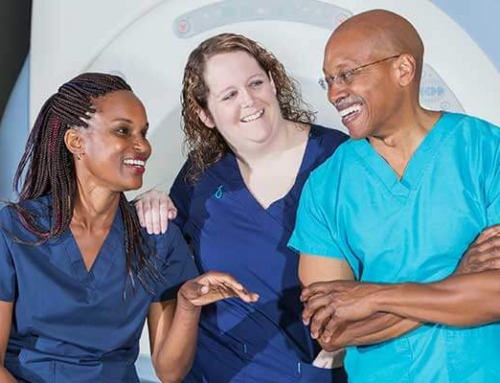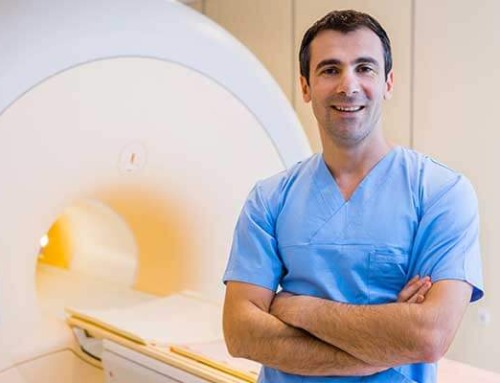An MRI technologist specializes in operating magnetic resonance imaging scanners (MRI) as well as preparing the scan results that will help physicians diagnose the patient. For this reason, becoming an MRI technologist will require you to obtain an associate’s degree or higher in medical technician, radiology technology, or any other related courses. It is important that you complete an accredited MRI tech education program because this usually already includes clinical work experience.
There are several responsibilities that come with the job, but perhaps the most important one is to ensure that the scan produces quality images and information for the physicians to provide an accurate diagnosis. In some cases, you will need to inject patients with contrast dyes so that the images will appear on the scanner. Moreover, you will also be responsible for explaining the procedure and addressing any patient concerns during the scan. These are just the main tasks that you will go through as an MRI tech.
The Benefits of Becoming an MRI Technologist
There are multiple benefits to becoming an MRI technologist, but let’s start with the most popular reason. For those who are interested in helping people and working in the medical field, but do not want to have a crazy or time-consuming schedule, this may be the right option for you. Unlike most medical professions, an MRI tech has a more predictable or at least organized schedule. Most patients typically have their MRI scans done over the day, so it is unlikely to need to work odd hours, especially when working at clinics. In addition to that, MRIs are also usually scheduled far in advance, where the patient will work with the slots available. Thus, it will be easy for you to see your appointments ahead of time and plan accordingly.
Another advantage is that studying to be an MRI tech takes considerably less time than if you were to pursue being a doctor or nurse. While you still need to take your associate’s degree or any higher degree, you will be able to complete it within a one to the four-year timeframe. It really just depends on how you pace your studies. It is also recommended to get your American Registry of Radiologic Technologists (ARRT) certification. While there are alternate pathways to this, it is still the best solution in order to stand out to employers.
Lastly, this is the type of job that offers a variety of tasks and opportunities to develop your skill. You may think that all you operating the MRI machine is a tedious process, however, there is more to it than that. Here is a list of tasks that an MRI tech does:
- Operating, adjusting, and maintaining the MRI machine
- Asking the patients about their medical history
- Explaining the procedure to the patients and answering any questions or concerns they may have
- Positioning the patient in the scanner
- Selecting software options and image parameters when adjusting an MRI machine
- Working with the doctors to evaluate images
- Preparing and keeping detailed patient records with the results
Now that you know the benefits, are you interested in becoming an MRI technologist?






